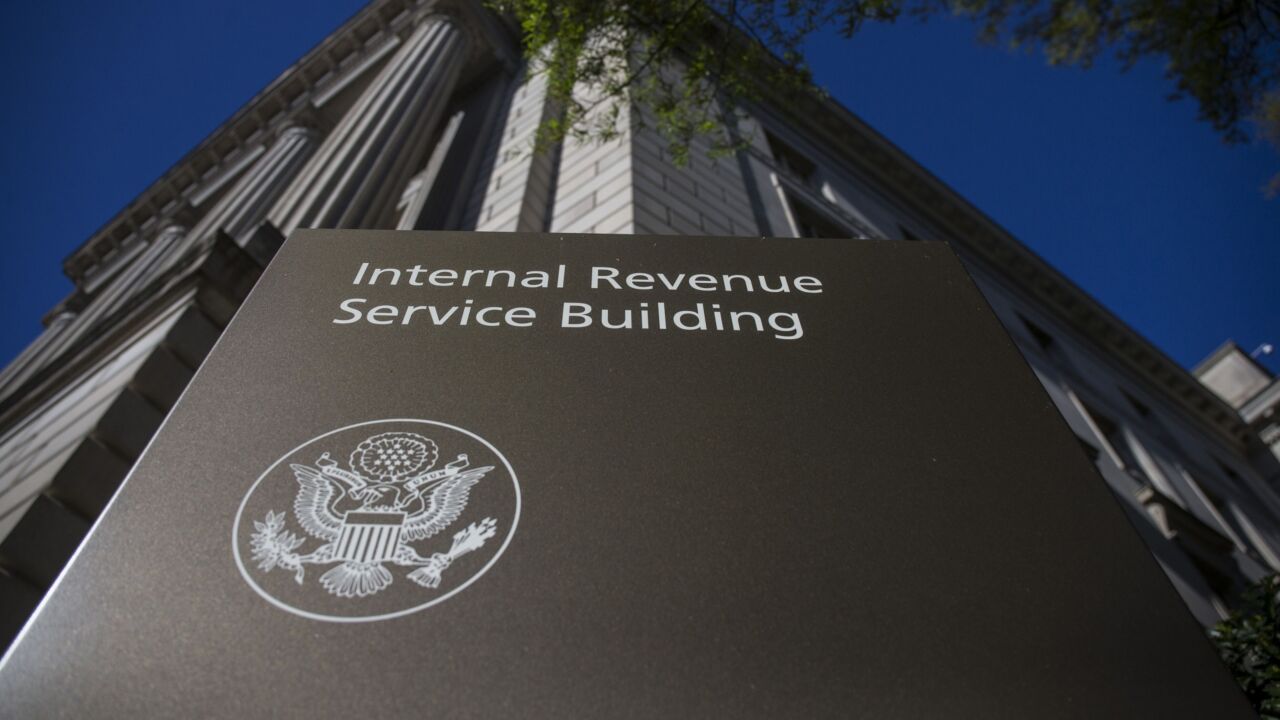As a result of the Corporate Transparency Act of 2021, corporations, LLCs, and other entities formed under state law (domestic reporting companies) or similar entities formed under foreign law and registered to do business in the U.S. (foreign reporting companies) must report their beneficial ownership to FinCEN — the Financial Crimes Enforcement Network. The reason is to deter kleptocrats, human rights abusers and other corrupt actors from using complex and opaque corporate structures, including shell companies, to hide and launder the proceeds of their corrupt activities.
Although the new reporting requirements have been passed into law, they haven't raised much concern until recently, with the impending legislative due date in sight. Beginning Jan. 1, 2024, disclosure is required for a beneficial owner, who is any individual who directly or indirectly exercises "substantial control" over the reporting company, or who directly or indirectly owns or controls 25% or more of the "ownership interests" of the reporting company. Failure to do so can result in civil or criminal penalties.
Behind the scenes, there have been ongoing movements to modify the requirements. But whether any of these can build up enough support to change the reporting requirements before they become mandatory on Jan. 1, 2024, is anybody's guess.
As things now stand, 32.6 million small businesses will be legally obligated to comply on Jan. 1, 2024. Five million more will be added every following year, while large companies will mostly be exempt. The issue confronting most taxpayers today is that most of them still are unaware of the requirement.
"It could catch many people unaware," according to Kevin Matthews, a CPA and assistant professor of accounting at George Mason University's School of Business. "It's not just CPAs, enrolled agents and lawyers," he said. Small-business men will be affected as well. "For example, a self-employed plumber with an LLC would be required to file."
Roger Harris, president of Padgett Business Services, explained the situation if nothing else happens: "Beginning next year, all existing companies have to file within the year. If you start a new company, you will have 30 days to file. This entails filling in the forms and stating who is the beneficial owner. If you fail to do this, the penalties are severe — $500 per day. And while there's usually a small-business exception, in this case the exception is for large businesses such as publicly traded companies. Since they already know who you are, you don't have to do it."
FinCEN has released initial guidance on beneficial ownership in March 2023, and will continue to issue guidance as the deadline approaches. It will include a small-business compliance guide.





